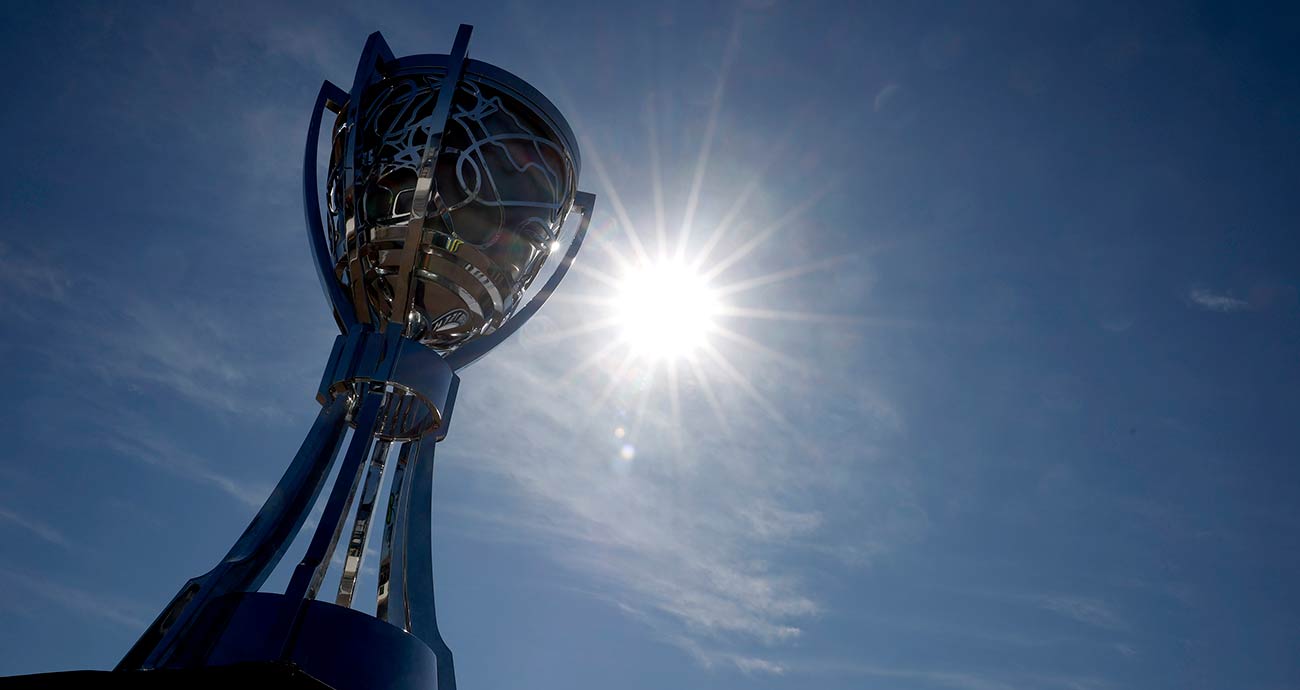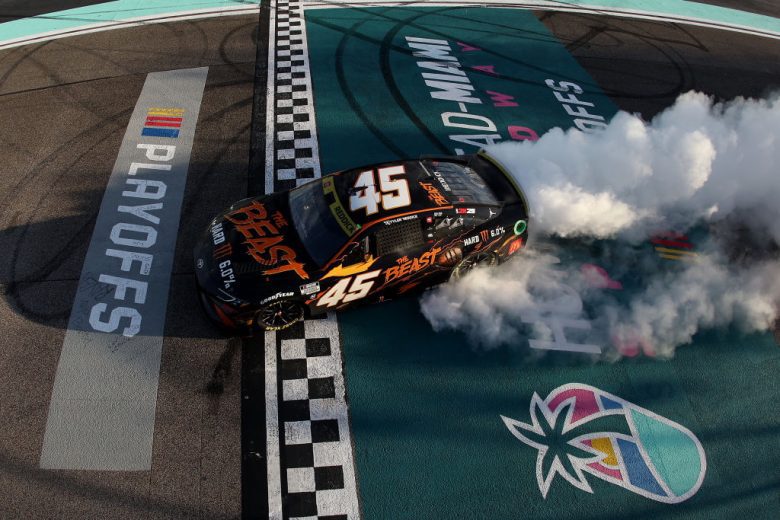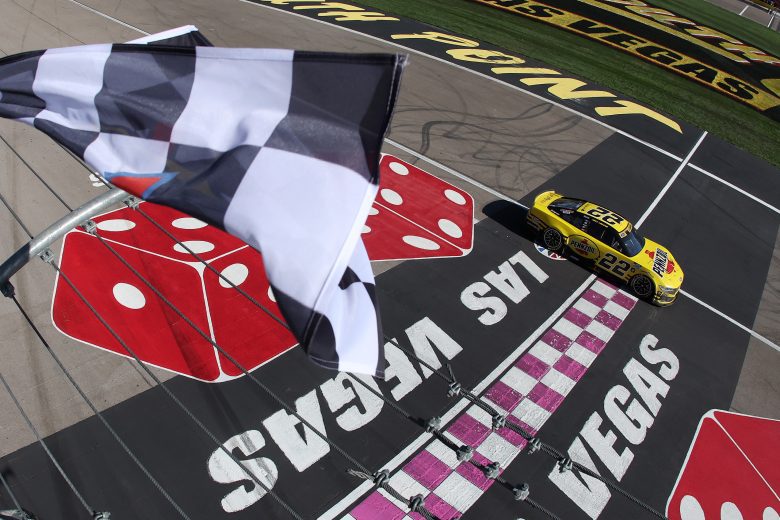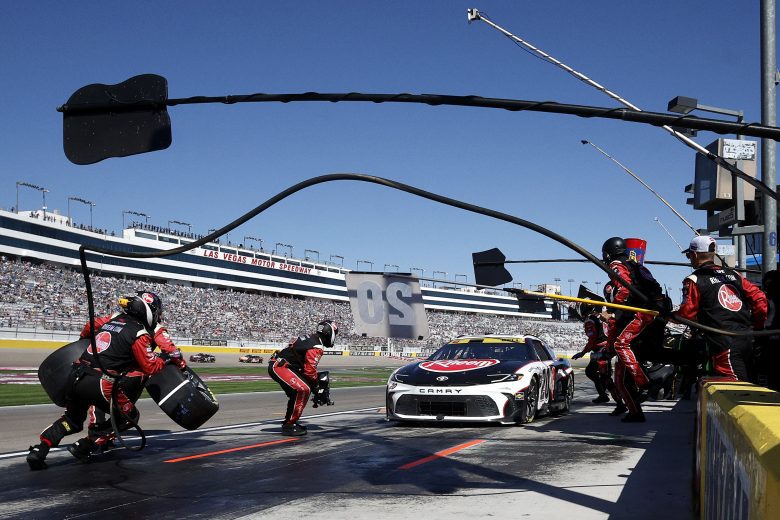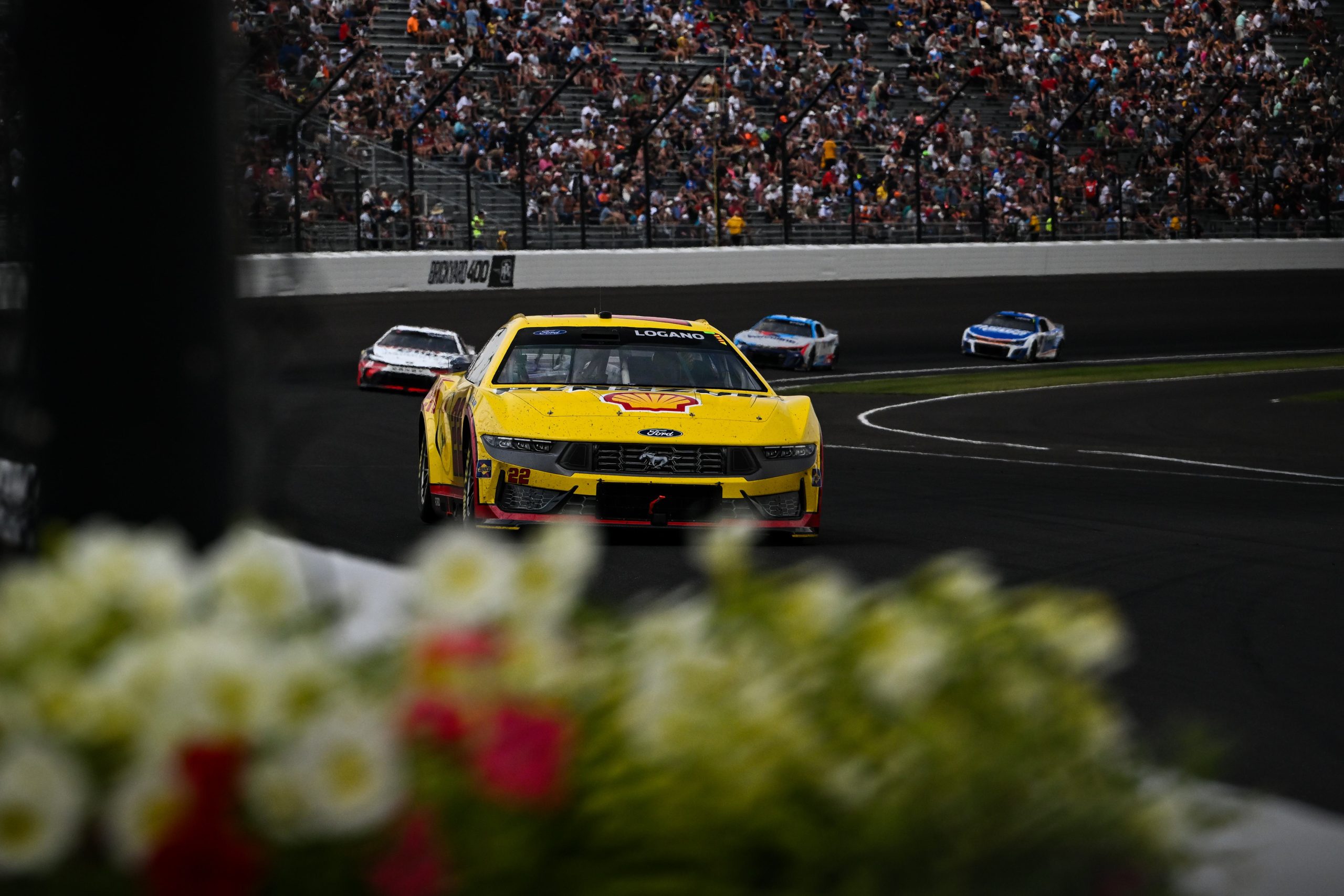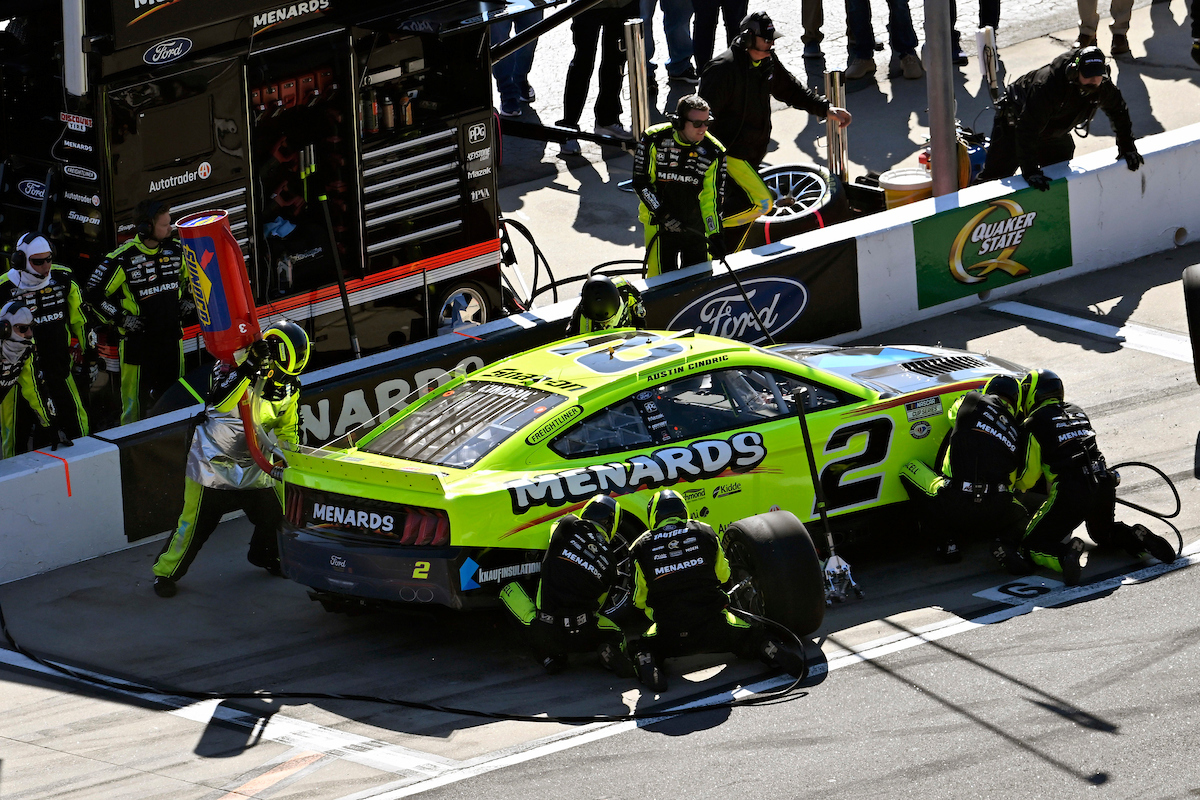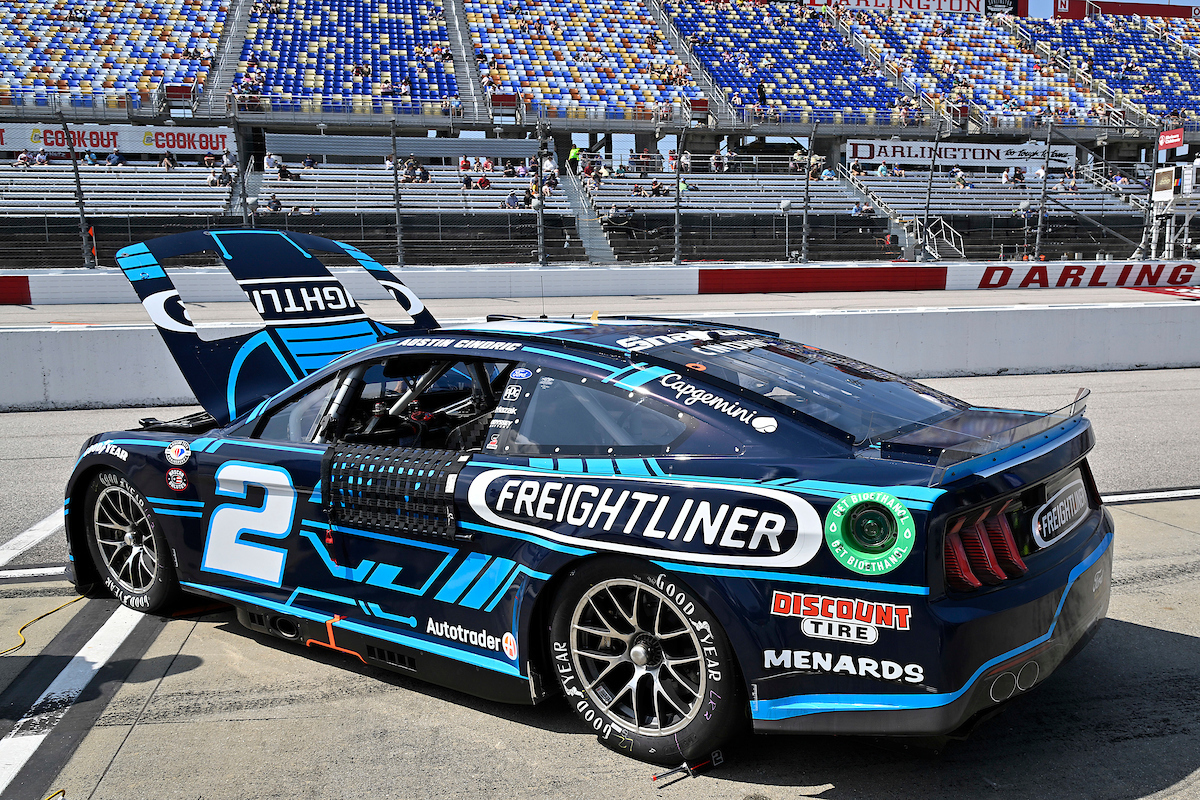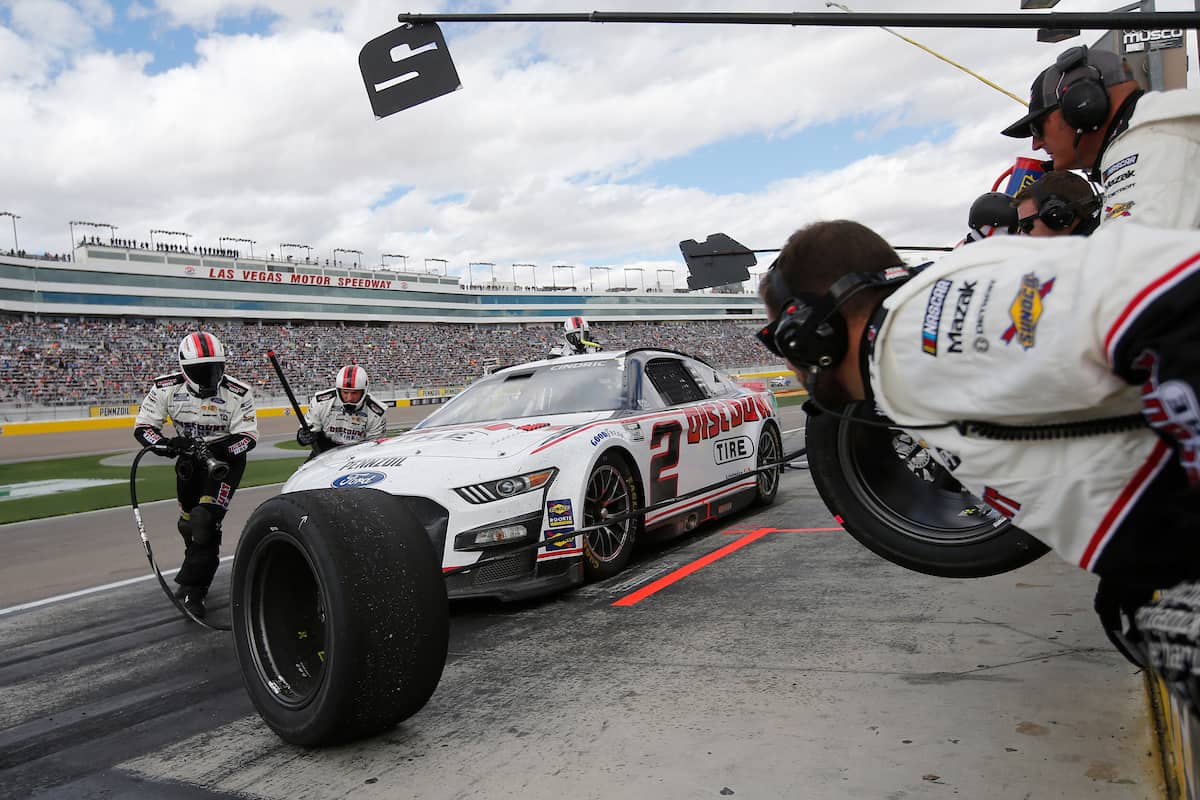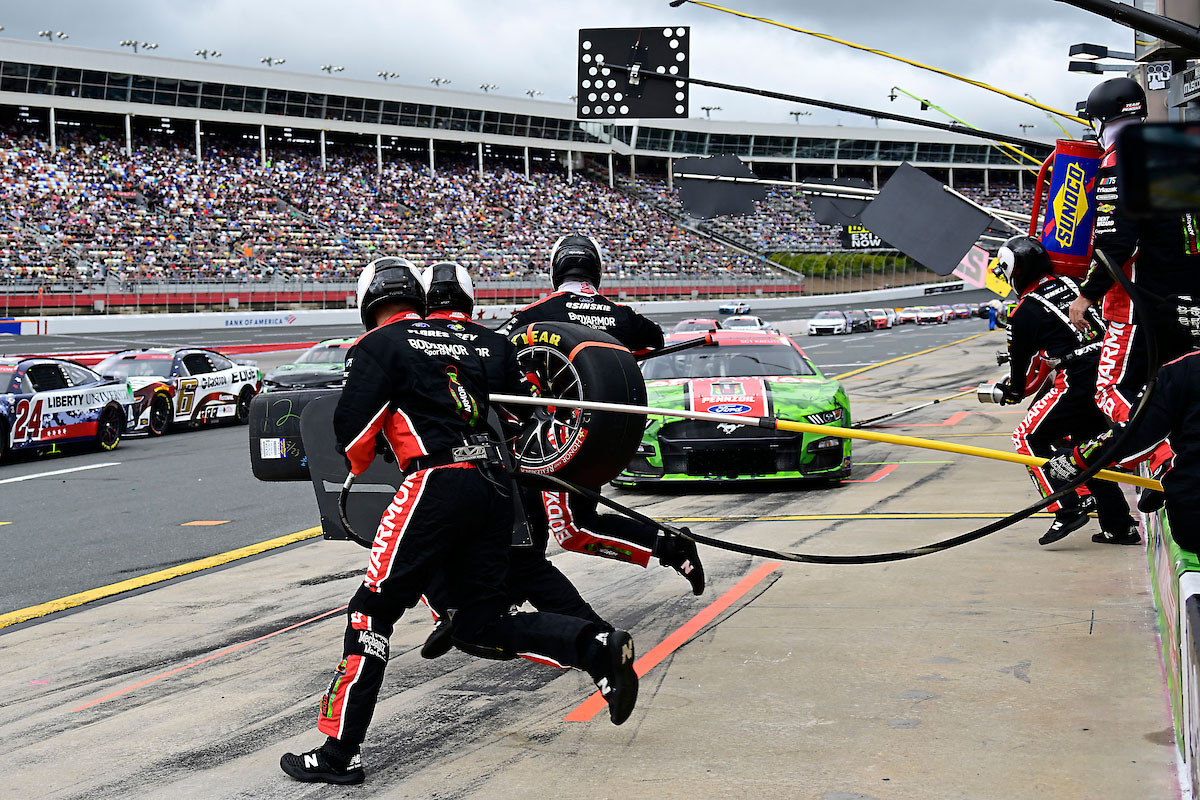Why is NASCAR So Famous? Unraveling the Appeal of America’s Premier Stock Car Racing
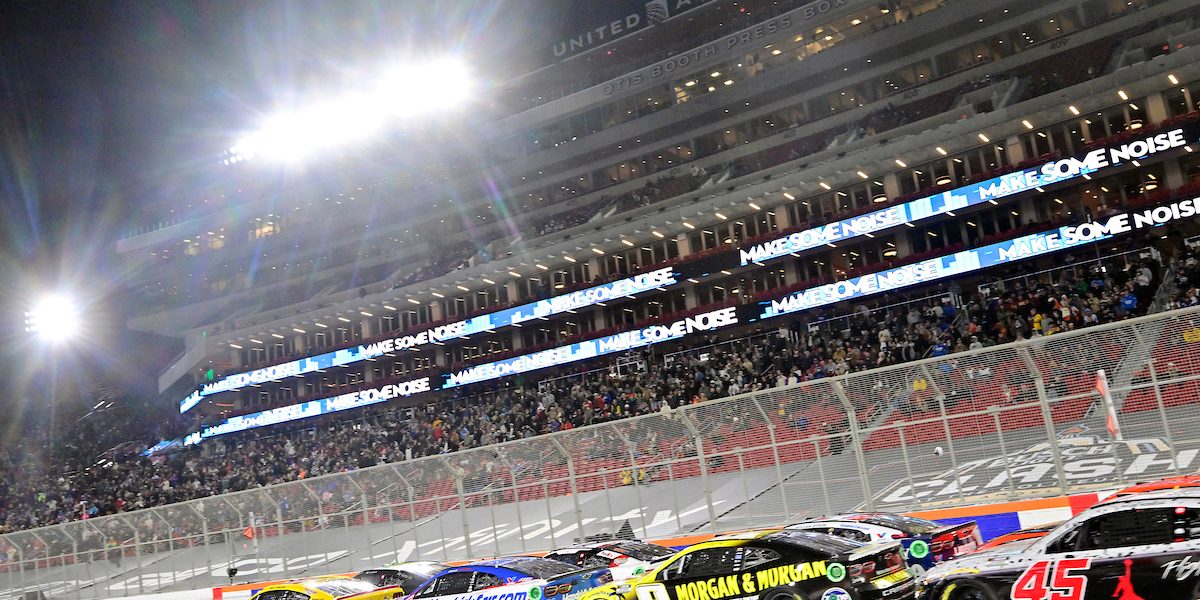

Why is NASCAR So Famous? NASCAR’s fame can be attributed to a range of factors that appeal to a diverse audience base. It stands as a premier motorsport in the United States, renowned for its high-speed stock car races that offer spectators a blend of speed, strategy, and spectacle. The sport’s rich history, tracing back to bootleggers’ modified cars during Prohibition, adds to its cultural significance and enhances its appeal across generations.
The appeal of NASCAR extends beyond the racetrack to foster a sense of community among fans. Races are often family-friendly events where traditions and camaraderie are as much a part of the experience as the competition itself. The accessibility of the sport, through multiple tracks and events spread across the country, ensures that a wide demographic can participate in the live NASCAR experience.
Additionally, the consistent presence of NASCAR in media and its strategic marketing efforts have played a crucial role in maintaining its popularity. Engaging fans through year-round coverage, interactive platforms, and branding efforts keeps the sport in the public eye. NASCAR drivers also contribute to the sport’s fame by building personal brands and connecting with fans, further solidifying NASCAR’s position as a mainstay in American sporting culture.
Table of Contents
Historical Evolution of NASCAR
NASCAR’s history is characterized by its dramatic growth from humble beginnings to a staple of American motorsports, guided by visionary leaders and shaped by cultural and social factors.
The Foundation and Bill France’s Vision
In 1948, mechanic and racer Bill France Sr. founded the National Association for Stock Car Auto Racing (NASCAR) with a clear objective: to organize and promote stock car racing, which until then had been a loosely structured and often chaotic activity. France envisioned a series with standardized rules and schedules, providing a safer and more regulated environment for racers. This foresight laid the groundwork for NASCAR’s structured competition framework.
Prohibition and Stock Car Racing’s Roots
Stock car racing’s origins are deeply intertwined with bootlegging during the Prohibition era, where drivers running moonshine needed fast, agile vehicles to evade law enforcement. These skills translated well to racing, and informal competitions soon gained popularity. The repeal of Prohibition left these drivers seeking new outlets for their driving skills, eventually leading to organized races that nurtured the early NASCAR scene.
Notable Figures and Dynasties
Over the years, NASCAR has been shaped by notable figures and dynasties. Bill France Jr. continued his father’s legacy, promoting growth and modernization in the sport. Legendary drivers like Richard Petty, dubbed “The King,” with seven championships, Dale Earnhardt with his record-tying seven titles and aggressive driving style, and Jeff Gordon with his four championships, helped popularize the sport. Jimmie Johnson’s incredible run of five consecutive championships in the 21st century cemented him as a dominant force in NASCAR’s modern era. Wendell Scott broke barriers as the first African-American driver to win a race in the Grand National Series, NASCAR’s highest level at the time. The excellence and influence of these figures are recognized in the NASCAR Hall of Fame, celebrating their contributions to the sport’s history.
Cultural Impact and Growth
The cultural significance and expansion of NASCAR are deeply entwined with American tradition and spectator sports. With events like the Daytona 500, NASCAR has claimed a prominent spot in American entertainment, further solidified by its portrayal in media and film.
Daytona 500 and Its Significance
The Daytona 500, often referred to as “The Great American Race,” is held annually in Daytona Beach, Florida. This prestigious event marks the start of the NASCAR Cup Series and is known for its high-stakes competition and historical moments. Its impact on the sport’s popularity is substantial, providing a captivating spectacle for longtime fans and newcomers alike.
NASCAR’s Role in American Entertainment
NASCAR has evolved into one of the most popular spectator sports in the United States. The appeal of motorsport, combined with the sense of community among fans, contributes to its significant role in American entertainment. Events are family-friendly and provide an engaging experience for people of all ages, contributing to the communal atmosphere that surrounds race days.
Media, Movies, and Beyond
NASCAR’s influence extends into media and popular culture, highlighted by movies such as “Days of Thunder,” which starred renowned actors and brought the thrill of racing to the big screen. NASCAR has also been a part of various television programs, advertising campaigns, and digital platforms. Dale Earnhardt Jr., among others, has played a pivotal role in this expansion, using his prominence to further elevate the sport’s status in the media.
The Racing Experience
NASCAR’s appeal largely comes from the thrilling racing experience it offers, characterized by its legendary tracks, ever-evolving race cars, and a wide array of competitions.
Iconic Tracks and Locations
NASCAR races are held at some of the most distinguished tracks in the world, each with its unique character and history. The Daytona International Speedway, home of the Daytona 500, sets the stage for the season’s most anticipated race. Tracks like the Indianapolis Motor Speedway have become synonymous with American motorsports. Famed oval tracks, road courses, and even challenging dirt tracks—like those in Martinsville Speedway in Virginia—test the skills of drivers and provide varied racing experiences for fans.
Evolution of the Race Car
Over the years, NASCAR’s vehicles have undergone significant changes, shifting from stock production cars to the highly specialized machines we see today. The introduction of the Next Gen car represents the latest leap in race car development, focusing on improved performance and safety. Its modular design and updated components represent the future of NASCAR racing.
Diversity Among Competitions
The competitions in NASCAR cover a diverse array of formats, from the high-speed ovals to the technical road courses. While the NASCAR Cup Series represents the pinnacle of the sport, other series like the Xfinity Series serve as a proving ground for up-and-coming drivers. Events are held in various locations, including the Charlotte Motor Speedway in North Carolina, demonstrating the geographic range and inclusivity of NASCAR races.
The Business of Racing
The world of NASCAR is a high-speed commercial hub where promotions, sponsorships, and technology intertwine to drive the business side of the sport.
Sponsorships and Commercial Success
Sponsorship is the lifeblood of NASCAR, fueling its financial engine. Corporations often pay for prominent placement of their logos on cars, driver’s uniforms, and throughout race venues. Television rights fees also contribute significantly, with networks paying for the rights to broadcast races, attracting millions of viewers. Major sponsors like Coca-Cola, FedEx, and Monster Energy have become synonymous with the sport, illustrating the deep integration of commercial partnerships within NASCAR.
Merchandising and Fan Engagement
Merchandise sales are a direct link between NASCAR and its fans, offering a variety of products from die-cast cars to apparel. Merchandise sales are not only profitable but also boost fan loyalty. Innovative fan engagement strategies have been implemented, including interactive experiences at races and official NASCAR events, to strengthen the bond with the audience and maintain a vibrant competition atmosphere.
Technological Innovations and Costs
Advancements in technology are both a source of attraction and a substantial cost factor in NASCAR. Teams and organizers invest heavily in improving car performance and safety. However, efforts have been made to reduce costs through standardized parts without compromising the fierce competition on the track. The balance of technological innovation and cost control remains a key concern for the organization and racing teams.
Governance and Structure
NASCAR is managed through a structured system, ensuring organized competitions and a consistent framework for participants and fans alike.
Organizational Roles and Responsibilities
The governance of NASCAR is under the purview of the France family, with Jim France as the Chairman and CEO. Under his leadership, NASCAR operates the NASCAR Cup Series, which represents the highest level of professional stock car racing. NASCAR’s operation of the Cup Series and other regional racing series is through a central governing body that handles the organization’s regulations, rules enforcement, and race event management. This body is critical for ensuring fair competition and maintaining the integrity of the sport.
The Points System and Playoffs
Each race within the NASCAR Cup Series contributes to the drivers’ and teams’ overall season scores through a defined points system. Drivers earn points based on their finish in each race, with additional points awarded for leading laps and winning stages. At the end of the regular season, the top drivers in the standings are eligible to compete in the playoffs, a series of races that determine the season’s champion. The playoffs structure adds excitement and a competitive edge, encouraging drivers and teams to perform their best throughout the entire season.
International Expansion
In addition to its base in the United States, NASCAR has pursued growth through international series and events. NASCAR sanctions international series such as the NASCAR Pinty’s Series in Canada, NASCAR Mexico Series, and NASCAR Whelen Euro Series, reflecting its strategic intention to grow the brand and fan base globally. This expansion is facilitated by NASCAR’s International Speedway Corporation, which plays a part in the acquisition, management, and promotion of racing facilities internationally, helping to spread the NASCAR experience to an international audience.
Societal Contributions and Challenges
NASCAR, beyond being a premier motorsports organization, has actively worked to address and promote social matters through its policies and initiatives.
Initiatives for Diversity and Inclusion
Drive for Diversity Program: A key initiative by NASCAR is the Drive for Diversity Program, established to attract and develop individuals from various backgrounds to the sport, not limited to drivers but expanding into pit crew members and industry leadership roles.
Bubba Wallace’s Influence: Bubba Wallace, the sport’s most prominent African American driver, serves as an influential figure promoting diversity within NASCAR’s community. His actions have prompted broader conversations around inclusion and representation in motorsports.
Addressing Socio-political Issues
Ban of the Confederate Flag: In response to growing social awareness, NASCAR banned the display of the Confederate flag at its events in June 2020, acknowledging its divisive nature and declaring a commitment to providing a welcoming environment for all racing fans.
Community and Industry Engagement: NASCAR has utilized its platform to address socio-political issues by engaging with the community and industry stakeholders, thus aligning the sport’s values with the principles of equality and respect.

